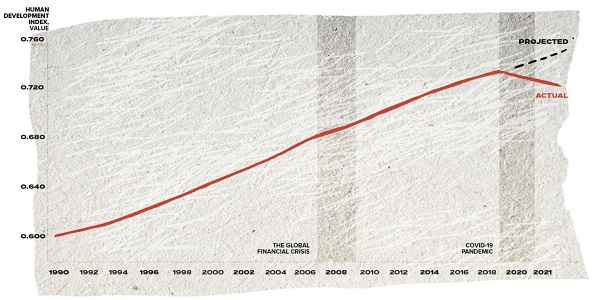I’m feeling outraged, with a strong sense of déjà-vu. From my vantage point in the United Kingdom—where inequality and social injustice are in particularly sharp focus—we’re on the brink of yet another social and economic crisis. Even more so than in the rest of Europe, energy prices and the cost of living are rocketing.
Yet what is happening at the top? What are our leaders doing? Why are some people, yet again, making eye-watering financial gains while others face destitution and a real fear of being cold and hungry this winter?
Read the article by Kate Picket



